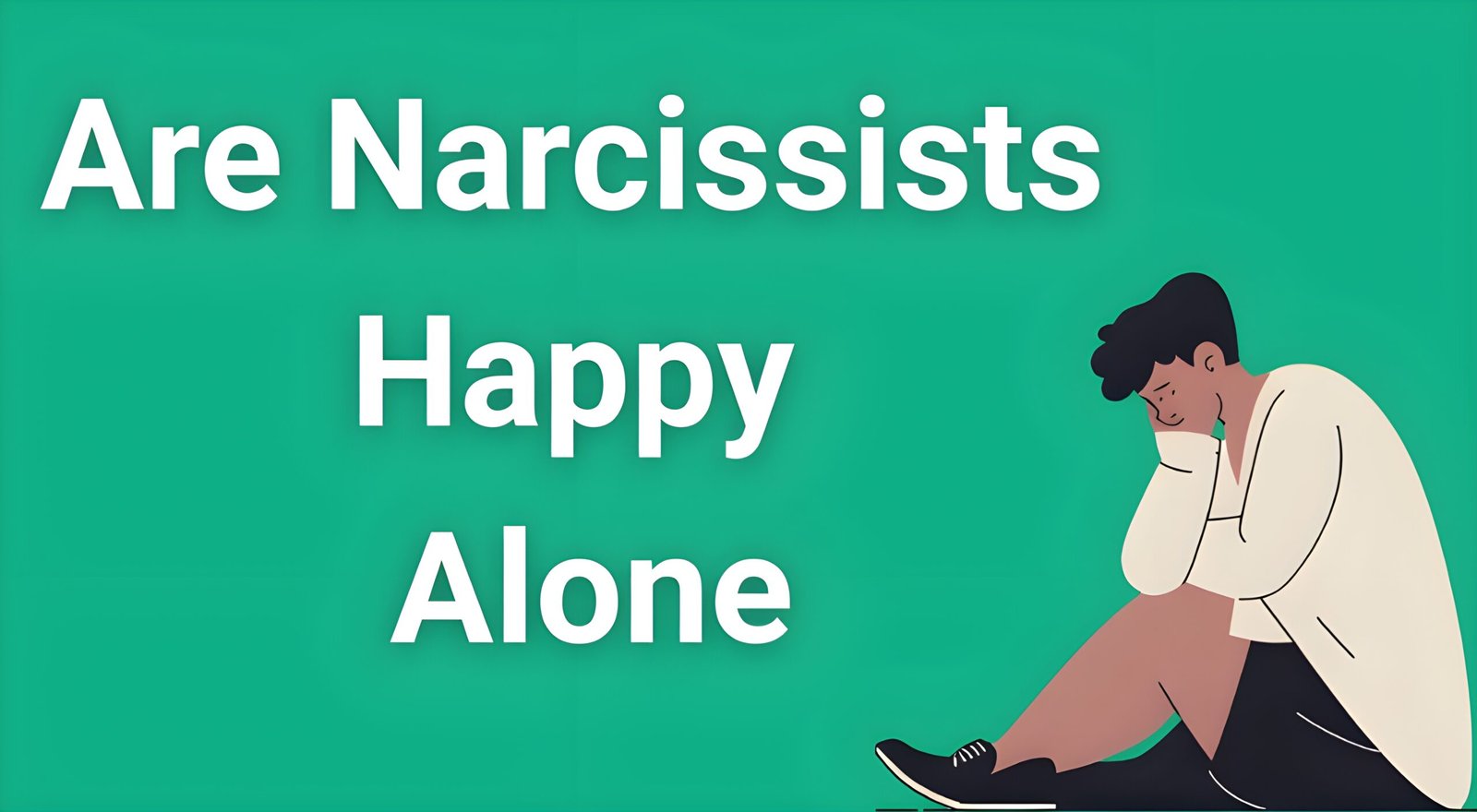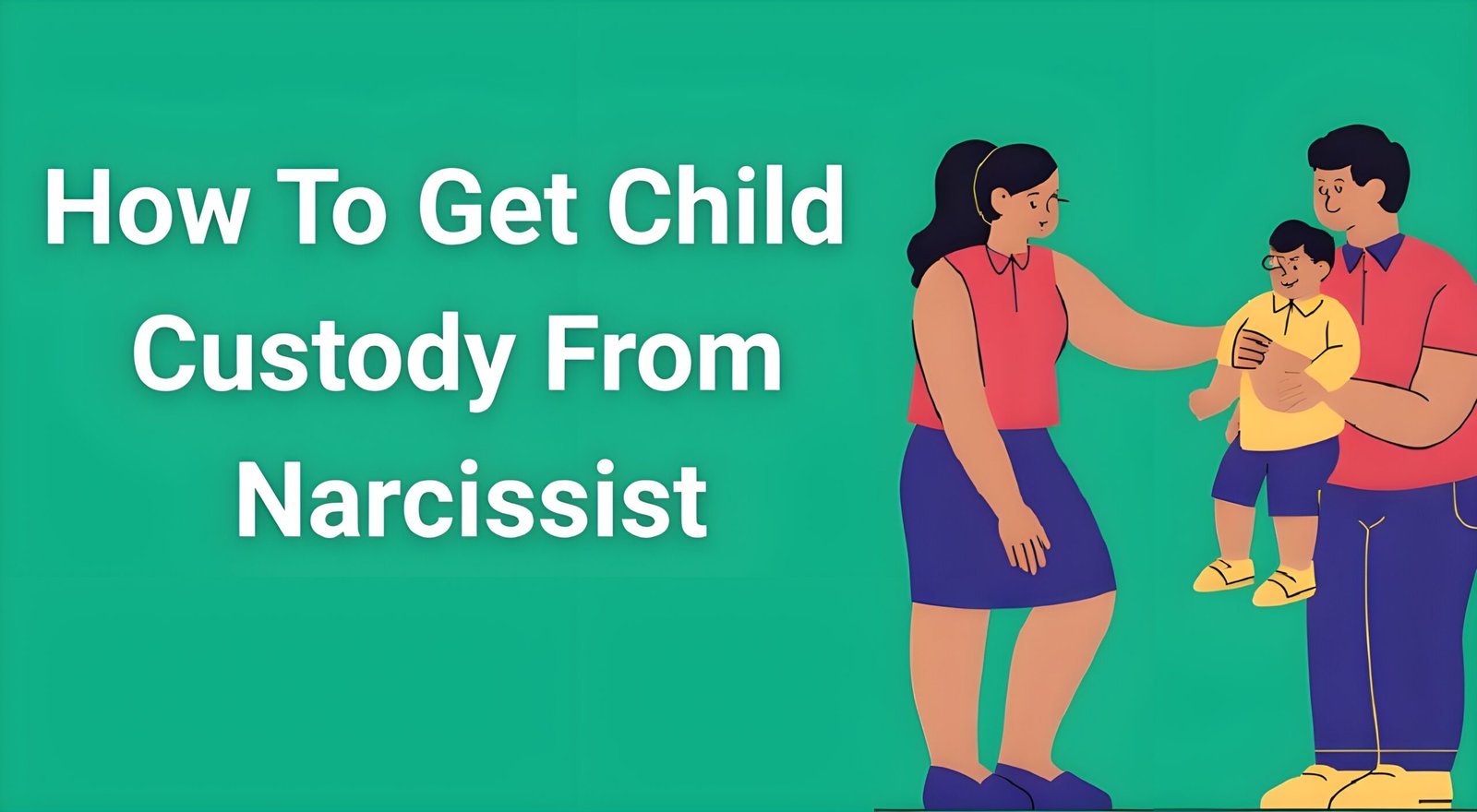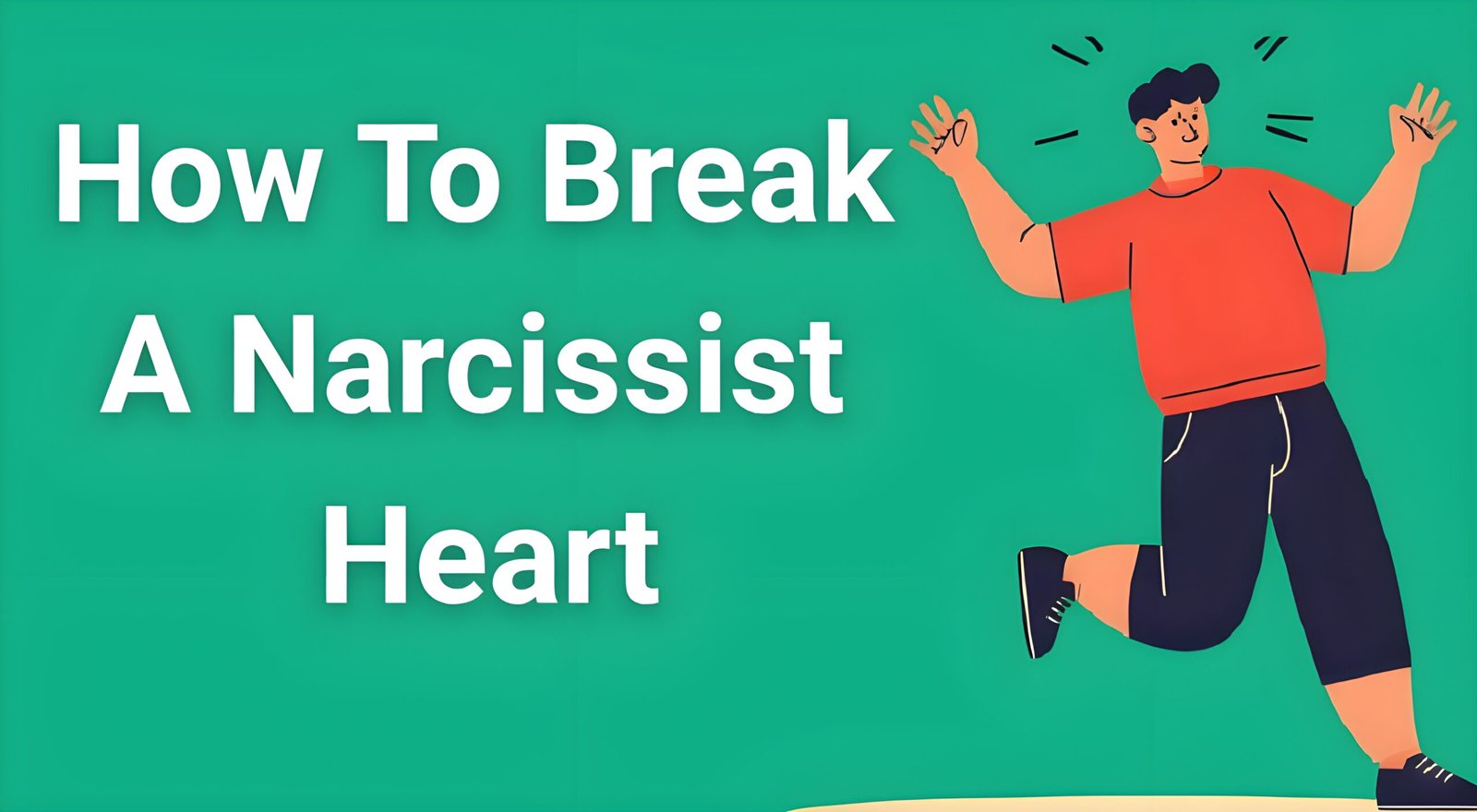Are narcissists happy alone, or does solitude become their worst nightmare? This question reveals one of the most fascinating contradictions in narcissistic psychology. While most people assume narcissists would enjoy endless time to admire themselves, the reality is far more complex and deeply disturbing.
- The Psychology Behind Narcissistic Happiness
- What Happens When Narcissists Are Forced Into Solitude
- The Difference Between Chosen and Forced Solitude
- The Neuroscience of Narcissistic Isolation
- Long-Term Patterns: How Narcissists Age in Isolation
- Signs You’re Dealing With an Isolated Narcissist
- Protecting Yourself From Narcissistic Manipulation
- The Reality of Narcissistic Change
- The Broader Impact of Narcissistic Isolation
- Breaking Free From Narcissistic Influence
- The Truth About Narcissistic Happiness
- Moving Forward With Understanding
- Frequently Asked Questions
Understanding whether narcissists find happiness in solitude requires examining the very foundation of narcissistic personality disorder. These individuals live in a constant state of needing external validation – what psychologists call “narcissistic supply.” When that supply is cut off through isolation, the psychological consequences can be severe and revealing.
The Psychology Behind Narcissistic Happiness
Narcissists experience happiness differently than emotionally healthy individuals. Their sense of joy and satisfaction depends almost entirely on external factors rather than internal contentment. This fundamental difference explains why the question “are narcissists happy alone” becomes so complex.
Research published in Personality and Individual Differences found that narcissism is actually associated with higher self-reported happiness levels. However, this finding comes with a crucial caveat – narcissists may simply believe they are happier than others, just as they assume superiority in other areas like attractiveness and intelligence.
The Narcissistic Supply Dependency
Narcissistic supply refers to the attention, admiration, and validation that narcissists crave like an addiction. This supply can be positive (praise, admiration) or negative (fear, anger), but it must be constant. When narcissists are alone, this supply is interrupted, creating a psychological crisis.
The dependency on narcissistic supply means that true happiness for a narcissist is nearly impossible to achieve in isolation. They may experience brief moments of self-satisfaction, but these are typically overshadowed by anxiety about when they’ll receive their next “fix” of attention.
What Happens When Narcissists Are Forced Into Solitude
When narcissists find themselves alone, their behavior patterns reveal the disturbing truth about their internal state. Rather than experiencing peace or contentment, they typically engage in specific behaviors that demonstrate their discomfort with solitude.
Obsessive Self-Admiration
Alone time for narcissists often involves excessive mirror gazing, taking countless selfies, or mentally rehearsing past achievements. This isn’t genuine self-love but rather a desperate attempt to provide themselves with the validation they’re missing from others. The behavior resembles an addict trying to recreate a high using whatever means available.
Digital Validation Seeking
Social media becomes a lifeline for isolated narcissists. They meticulously craft posts designed to generate maximum attention, constantly refreshing to check for likes and comments. This digital narcissistic supply partially fills the void, but it’s never enough to truly satisfy their needs.
Fantasy and Grandiose Planning
When deprived of real-world attention, narcissists retreat into elaborate fantasies where they’re more successful, powerful, or admired than in reality. They spend hours planning how to regain attention or plotting ways to assert dominance in future interactions. These mental exercises serve as poor substitutes for actual validation.
The Difference Between Chosen and Forced Solitude
Understanding whether narcissists are happy alone requires distinguishing between voluntary and involuntary isolation. The narcissist’s relationship with solitude changes dramatically based on whether they choose to be alone or are forced into it by circumstances.
Voluntary Solitude: The Strategic Retreat
Some narcissists do enjoy chosen alone time, but not for the reasons emotionally healthy people might expect. They use solitude strategically – to rest from maintaining their false persona, to plan their next moves, or to avoid situations where they might not be the center of attention.
During voluntary solitude, narcissists may appear content because they maintain control. They know narcissistic supply is available whenever they want it – just a phone call, text, or social media post away. This knowledge provides a safety net that makes temporary isolation bearable.
Involuntary Solitude: The Nightmare Scenario
When narcissists are forced to be alone – whether through relationship breakups, social rejection, or life circumstances – their true nature emerges. Without access to their usual sources of validation, they often experience what resembles withdrawal symptoms: anxiety, depression, rage, and desperate attempts to reconnect with anyone who might provide attention.
Many people who’ve lived with narcissists report that the narcissist’s worst punishment is being ignored or abandoned. This reaction reveals how dependent they are on others for their psychological stability and sense of self-worth.
The Neuroscience of Narcissistic Isolation
Recent neuroscientific research provides insight into why narcissists struggle with solitude. Brain imaging studies suggest that narcissists have heightened activity in areas associated with reward-seeking behavior when receiving attention, similar to patterns seen in addiction.
The Dopamine Connection
When narcissists receive attention or validation, their brains release dopamine – the same neurotransmitter involved in substance addiction. During periods of isolation, this dopamine system becomes dysregulated, leading to the psychological equivalent of withdrawal symptoms.
This neurological reality explains why simple willpower isn’t enough for narcissists to find happiness alone. Their brains are literally wired to seek external validation, making solitude not just uncomfortable but neurologically distressing.
Trauma Bonding and Isolation
For individuals who have experienced relationships with narcissists, understanding this neurological component becomes crucial. The intermittent reinforcement pattern that narcissists use – cycles of attention and withdrawal – creates trauma bonds that are similarly neurologically driven.
If you’re struggling to break free from a narcissistic relationship, recognizing that you’re dealing with brain chemistry rather than just willpower can be liberating. Professional resources like specialized trauma bond recovery programs can provide the structured approach needed to rewire these neural pathways safely.
Long-Term Patterns: How Narcissists Age in Isolation
The question of whether narcissists are happy alone becomes even more complex when examining long-term life patterns. As narcissists age, their ability to maintain the relationships that provide narcissistic supply often deteriorates, leading to increasing isolation.
The Deterioration of Relationships
Narcissists typically struggle to maintain long-term relationships because their lack of empathy and self-centered behavior eventually drives people away. Family members may set boundaries or cut contact entirely. Friends become exhausted by the narcissist’s constant need for attention and one-sided conversations.
This gradual isolation isn’t chosen – it’s the natural consequence of narcissistic behavior. As their social circle shrinks, narcissists often become increasingly desperate for attention, leading to more extreme or inappropriate behavior that further isolates them.
The Aging Narcissist Reality
Research and clinical observations suggest that many narcissists do end up alone in their later years, and this isolation is accompanied by significant psychological distress. Without the physical attractiveness, charm, or resources they may have used to attract attention in younger years, aging narcissists often face a harsh reality: genuine happiness requires internal resources they never developed.
Signs You’re Dealing With an Isolated Narcissist
Understanding narcissistic behavior in isolation can help you recognize and protect yourself from manipulation. Isolated narcissists often become more dangerous because their desperation for supply intensifies their manipulative tactics.
Increased Manipulation Attempts
When narcissists feel their supply sources dwindling, they may resort to more aggressive manipulation tactics. This can include love-bombing (excessive attention and affection), guilt-tripping, or even threats. They may contact old friends, ex-partners, or family members they previously discarded.
Hoovering Behavior
Named after the vacuum cleaner brand, “hoovering” refers to a narcissist’s attempts to suck former sources of supply back into their orbit. An isolated narcissist might suddenly reach out with apologies, gifts, or declarations of change – anything to re-establish the relationship that provided validation.
Escalating Dramatic Behavior
Desperate for attention, isolated narcissists may create crises, exaggerate health problems, or engage in increasingly dramatic behavior. This isn’t necessarily conscious manipulation – they genuinely feel distressed without their usual sources of validation.
Protecting Yourself From Narcissistic Manipulation
If you’re dealing with a narcissist who’s becoming increasingly isolated and desperate for attention, protecting your mental health becomes crucial. Understanding their psychology doesn’t mean you should sacrifice your wellbeing to provide them with supply.
Establishing Boundaries
Clear, consistent boundaries are essential when dealing with narcissists, especially those who are isolated and potentially desperate. This might mean limiting contact, refusing to respond to manipulative behavior, or completely cutting off communication in extreme cases.
Professional guidance can be invaluable in learning to set and maintain these boundaries effectively. Many people find that understanding the specific manipulation tactics used by narcissists helps them recognize and resist these approaches.
Understanding Your Own Vulnerability
If you’ve been in a relationship with a narcissist, you may have developed trauma bonds that make you susceptible to their attempts to reconnect. These bonds can create powerful urges to help or rescue the narcissist, especially when they appear vulnerable or alone.
Specialized recovery programs can help you understand these trauma bonds and develop strategies to break free from the psychological patterns that keep you connected to narcissistic individuals. This type of targeted intervention addresses both the neurological and psychological aspects of trauma bonding.
The Reality of Narcissistic Change
One question that often arises is whether isolation might force narcissists to develop greater self-awareness and change their behavior. While some therapeutic approaches show promise, the reality is that narcissistic personality disorder is notoriously difficult to treat.
Why Change Is Unlikely
Narcissists rarely seek help because they don’t believe they have a problem – everyone else is the issue. Even when faced with isolation and its consequences, they’re more likely to blame others than engage in genuine self-reflection. The very traits that define narcissism – lack of empathy, grandiosity, entitlement – make it difficult for them to recognize their role in their loneliness.
The Therapeutic Challenge
Mental health professionals who work with narcissists face unique challenges. Narcissists often attend therapy to convince others they’re changing rather than for genuine healing. They may charm therapists, manipulate therapeutic processes, or abandon treatment when confronted with uncomfortable truths about their behavior.
Protecting Yourself From False Hope
If you’re hoping that a narcissist’s isolation will lead to positive change, it’s important to protect yourself from disappointment. While change isn’t impossible, it’s rare and requires sustained effort that most narcissists aren’t willing to invest. Basing your decisions on the hope of change rather than current reality can keep you trapped in harmful patterns.
The Broader Impact of Narcissistic Isolation
Understanding whether narcissists are happy alone has implications beyond individual psychology. It affects families, workplaces, and communities where narcissistic individuals operate.
Family Dynamics
Adult children of narcissists often struggle with guilt when their narcissistic parent becomes isolated. Understanding that the narcissist’s loneliness stems from their own behavioral choices rather than abandonment by family members can help reduce this guilt and support healthier boundary-setting.
Workplace Implications
Narcissistic colleagues or supervisors who feel isolated or overlooked may become increasingly disruptive or manipulative. Recognizing these patterns can help organizations address problematic behavior before it escalates.
Community Responses
Communities that understand narcissistic psychology are better equipped to respond appropriately to manipulative behavior. This might involve supporting genuine victims while avoiding being drawn into narcissistic drama.
Breaking Free From Narcissistic Influence
For those who have experienced narcissistic abuse, understanding the psychology of narcissistic isolation can be both validating and empowering. It confirms that the narcissist’s behavior wasn’t about you – it was about their desperate need for validation and control.
Recovery Strategies
Recovery from narcissistic abuse often involves understanding the neurological and psychological impact of trauma bonding. Specialized approaches that address both the emotional and physiological aspects of trauma can be particularly effective.
Professional assessment can also provide clarity about what you experienced and validation for your perceptions. Many survivors of narcissistic abuse struggle with self-doubt and confusion about the reality of their experiences.
Building Healthy Relationships
Learning to recognize healthy relationship dynamics becomes crucial for those recovering from narcissistic abuse. This includes understanding your own attachment patterns and developing the skills to maintain appropriate boundaries in future relationships.
The Truth About Narcissistic Happiness
The disturbing truth about narcissists and happiness is that their capacity for genuine joy is severely limited by their dependence on external validation. Whether alone or in company, their emotional state remains unstable and contingent on factors beyond their control.
Narcissists are not happy alone because true happiness requires internal resources – self-compassion, emotional regulation, genuine self-worth – that narcissistic personality disorder prevents them from developing. Their apparent confidence and self-love are actually sophisticated defense mechanisms hiding deep insecurity and emptiness.
This reality has implications for how we respond to narcissistic behavior. While understanding their psychology can generate some compassion, it shouldn’t lead to accepting abuse or sacrificing our own wellbeing. The narcissist’s inability to find happiness alone is their responsibility to address, not yours to fix.
For those who have loved narcissistic individuals, this truth can be both heartbreaking and liberating. Heartbreaking because it reveals the depth of the narcissist’s internal suffering; liberating because it confirms that their behavior truly wasn’t about you and couldn’t be fixed through your love or support.
Moving Forward With Understanding
Understanding the psychology behind narcissistic behavior, including their relationship with solitude, empowers you to make informed decisions about your relationships and boundaries. This knowledge can protect you from manipulation while helping you respond to narcissistic behavior with appropriate strategies rather than emotional reactions.
Whether you’re currently dealing with a narcissist, recovering from narcissistic abuse, or trying to understand these patterns in your family or workplace, remember that knowledge is power. The more you understand about narcissistic psychology, the better equipped you are to protect your mental health and build healthier relationships.
Frequently Asked Questions
Q: Do narcissists ever feel lonely when alone?
A: Yes, narcissists often experience intense loneliness when alone because they lack the internal resources for self-soothing and depend heavily on external validation for their emotional stability.
Q: Can a narcissist be happy in isolation permanently?
A: It’s extremely unlikely. Narcissists require narcissistic supply (attention, validation) to maintain their psychological equilibrium, making long-term isolation psychologically unbearable for most.
Q: Why do some narcissists seem to prefer being alone sometimes?
A: When narcissists choose solitude, it’s often strategic – to avoid situations where they won’t be the center of attention, to plan their next moves, or to rest from maintaining their false persona. This is different from forced isolation.
Q: Do narcissists recognize their own unhappiness when alone?
A: Most narcissists lack the self-awareness to recognize their unhappiness as stemming from internal issues. They typically blame external factors or other people for their distress.
Q: Can therapy help narcissists become comfortable with solitude?
A: While therapy can potentially help, narcissists rarely engage genuinely in treatment because they don’t believe they have a problem. Change is possible but rare and requires sustained effort.
Q: How does narcissistic isolation affect their family members?
A: Family members often experience guilt when a narcissist becomes isolated, but it’s important to understand that this isolation typically results from the narcissist’s own behavioral choices rather than family abandonment.
If you’re struggling to understand whether you’re dealing with narcissistic behavior in your relationships, professional guidance can provide crucial clarity and support for your healing journey.






